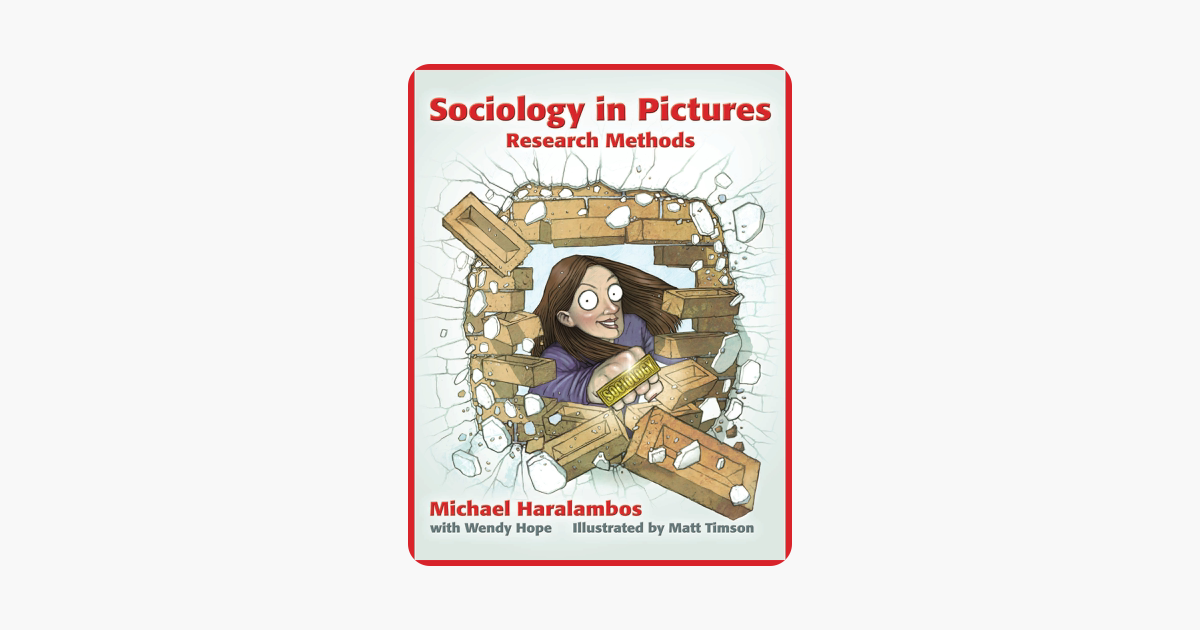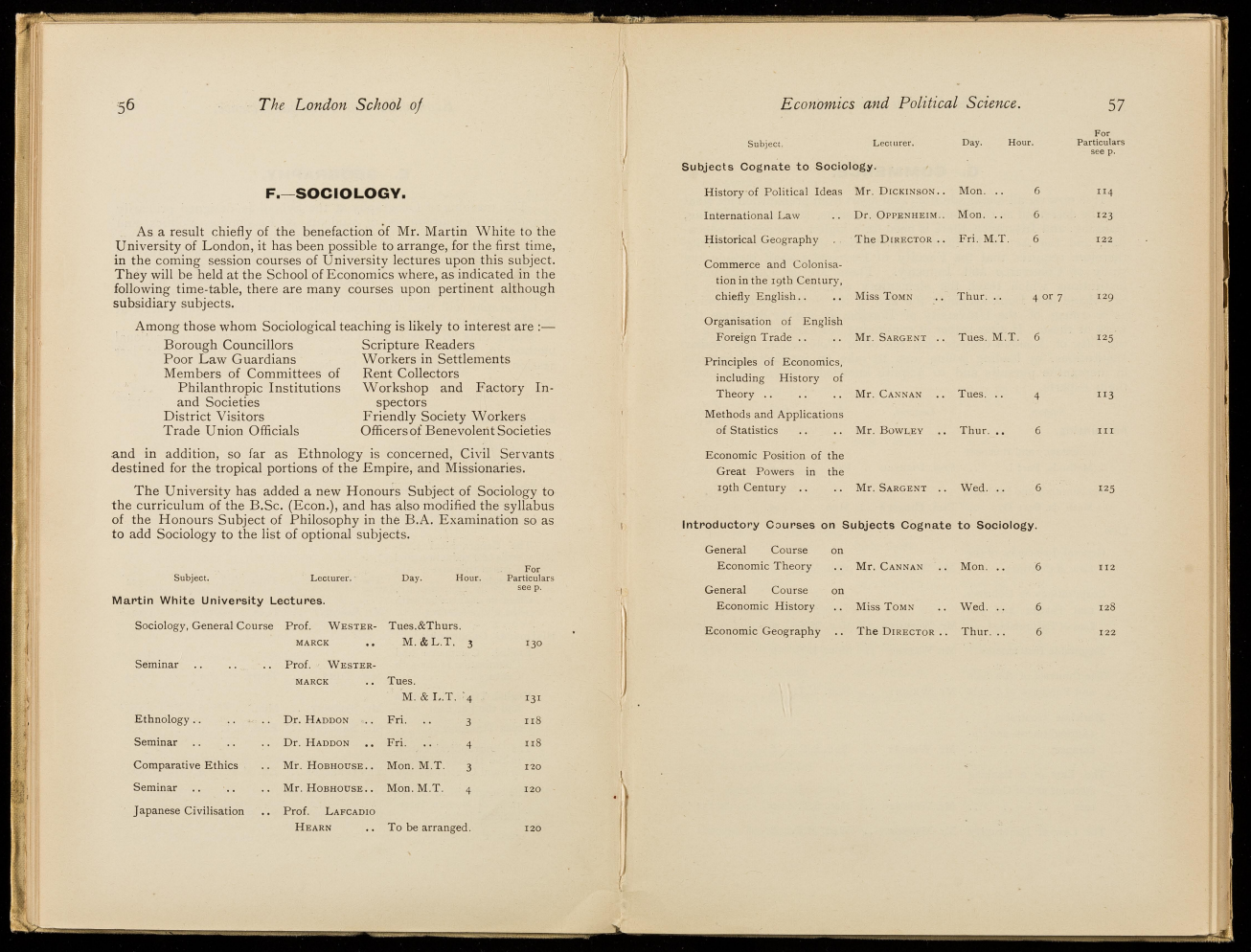Imagine walking into a bustling city square, filled with people from all walks of life, each carrying their own stories and experiences. This vibrant tapestry of humanity, with its intricate web of interactions, is the subject of sociology – the study of society and its complexities. But how can we make sense of this vast and ever-changing landscape? Enter the sociology canon: a collection of foundational theories and thinkers that provide the framework for understanding the forces that shape our lives. This article delves into these crucial building blocks, offering a glimpse into the sociological lens through which we can better perceive the world around us.

Image: itunes.apple.com
The sociology canon is not merely a collection of dusty textbooks; it represents a dynamic and evolving dialogue about the fundamental building blocks of our social experiences. From the enduring impact of the Industrial Revolution to the rise of globalization and the digital age, these foundational theories help us unravel the social forces that drive our interactions, shape our identities, and influence our destinies. By understanding the sociology canon, we can better grasp the complexities of social life and engage in meaningful discussions about the challenges and opportunities facing our communities.
The Founders: Pioneering the Path
The sociology canon is often traced back to the late 19th century, a period marked by rapid societal change and the birth of new disciplines seeking to understand its implications. Among the pioneers who laid the groundwork for modern sociology were figures like Auguste Comte, often hailed as the “father of sociology.” Comte envisioned sociology as a scientific endeavor, emphasizing the use of empirical methods to study social phenomena. He proposed a “positivism” approach, arguing that understanding social laws could guide societal progress.
Another key figure was Karl Marx, whose work on class conflict and capitalism profoundly shaped sociological thought. He argued that societies are divided into classes based on their relationship to the means of production, with one class (the capitalists) exploiting another (the working class). Marx’s theories provided a framework for understanding power structures, inequality, and social change. His ideas continue to resonate in discussions about social justice, labor movements, and economic disparities.
Understanding Social Structures: Durkheim, Weber, and Beyond
Emile Durkheim, a prominent French sociologist, focused on the concept of “social facts,” external forces that shape our actions and beliefs. He argued that society is a complex system with its own inherent logic, and individuals are subject to its constraints. Durkheim’s work on social solidarity, suicide, and the division of labor remains crucial in understanding social cohesion, the integration of individuals within society, and the processes of societal evolution.
Max Weber, another influential figure in the sociology canon, explored the relationship between social structures and individual actions. He introduced the concept of “verstehen,” emphasizing the importance of understanding the subjective meaning behind social actions. Weber also examined the role of bureaucracy and rationalization in modern society, exploring how these processes influence our lives and shape our institutions.
Beyond the Classics: Contemporary Debates and Developments
While the foundational theories of the classical era remain foundational, the sociology canon has continuously expanded and evolved to address the evolving complexities of the modern world. Central to this evolution is the emergence of various sub-fields within sociology, from feminist sociology and critical race theory to global sociology and urban studies.
Feminist sociology, for example, challenges traditional sociological perspectives that often overlook or marginalize the experiences of women. It highlights the pervasive impact of gender inequality in various social spheres, from the workplace to the family. Similarly, critical race theory examines the enduring legacy of racial inequality and its intersections with social structures, power dynamics, and individual experiences.
Global sociology focuses on the interconnections and disparities between different societies in a globalized world. This field explores how social forces like migration, technology, and political movements shape global landscapes and influence individual lives across borders. Urban studies, meanwhile, examines the complexities of cities as sites of social, economic, and cultural change, analyzing issues such as urban poverty, inequality, and the impact of globalization on urban landscapes.

Image: blogs.lse.ac.uk
Sociology Canon
Applying Sociological Insights to Real Life
Understanding the sociology canon equips us with a critical lens for analyzing social phenomena and engaging with complex societal issues. Here are some practical applications of sociological insights:
- Making Informed Decisions: Sociology helps us navigate the complexities of the world around us by raising awareness of social structures, power dynamics, and the influences that shape our choices. This awareness can empower us to make more informed decisions in various contexts, from personal relationships to civic engagement.
- Understanding Social Problems: The sociology canon provides a framework for analyzing and understanding social problems like poverty, crime, inequality, and discrimination. This understanding can help us develop effective interventions to address these challenges and promote social justice.
- Building Inclusive Communities: Sociology emphasizes the interconnectedness of individuals and communities. By understanding the dynamics of social groups and identities, we can work towards building more inclusive and equitable communities that respect diversity and foster understanding.
Moving Forward: A Call to Action
The sociology canon is a rich and complex tapestry of ideas, providing a roadmap for navigating the intricate patterns of human interaction. By engaging with these theories, we can gain a deeper understanding of the world around us, explore the forces that shape our lives, and participate in discussions about social change. As we navigate increasingly interconnected and complex societies, the insights of the sociology canon offer invaluable guidance for addressing contemporary challenges and building a more equitable and just world. Take a moment to delve further into these ideas, share your thoughts on these concepts, and engage in conversations that promote social understanding and progress.






